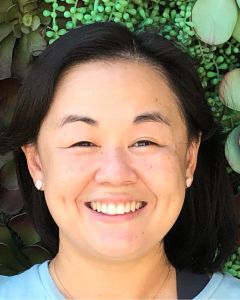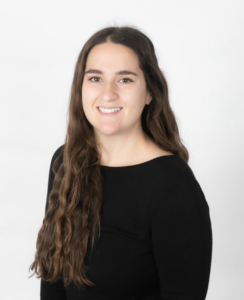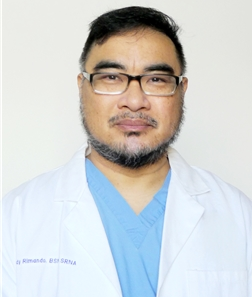Anew Era TMS & Psychiatry Long Beach, California
Anew Era TMS & Psychiatry Long Beach is leading the way in providing the most promising depression treatment to enter the mental health field in decades. Depression is a serious mental health condition that impacts approximately 16 million Americans each year. Living with depression is akin to shifting one’s world from vibrant color to bleak tones of gray, removing life and vitality from every aspect of living. Feelings of listlessness, despair, persistent sadness and deep fatigue punctuate the days. With no energy or motivation to participate in life, days become defined by sleep and watching television. Living with depression is not living at all. For patients with major depressive disorder who have not found success using antidepressants, TMS therapy may hold the key to overcoming symptoms of depression. Anew Era TMS & Psychiatry now offers transcranial magnetic stimulation (TMS) treatment for depression in Long Beach, California.
TMS Depression Treatment Center Long Beach, California
TMS therapy is a revolutionary alternative therapy that has offered renewed hope to patients with persistent depression who were not successfully treated with conventional treatment methods. It is common that people who are seeking help from a psychiatrist for their depression with antidepressants find little relief. The disappointing reality is that a large percentage of people who trial antidepressants do not experience successful results. Even trialing several antidepressants may not yield any significant improvement in symptoms. And if that isn’t frustrating enough, while trialing the drugs many experience unpleasant side effects (weight gain, sexual dysfunction, nausea, insomnia, blurred vision). Sometimes when every avenue such as therapy, psychotherapy, medications, counseling, and more have been tried but unsuccessful, there can be a loss of hope. TMS Therapy provides new hope.
These treatment-resistant patients have an excellent alternative depression treatment to antidepressants: Transcranial magnetic stimulation (TMS). TMS is a safe and effective technique that uses magnetic fields to shift brain chemistry in the mood center of the brain. The brain stimulation technique can result in improved mood, better sleep quality, more energy, and better concentration. If you are struggling, talk to your psychiatrist about how TMS Therapy could help you.
Request a Call Back for a Free Consultation:
Long Beach, California TMS Therapy Treats Major Depression
TMS therapy for depression requires no anesthesia, no surgery, and no recovery time. A professional will provide a mental health assessment to determine the level of anxiety and depression and conduct a plan that works for you. The patient will be fully alert during the therapy sessions, seated comfortably in an office setting. A coil is positioned over the scalp, through which magnetic pulses will flow. As the magnetic pulses penetrate the scalp electrical currents are induced that will target the left prefrontal cortex of the brain. As the currents reach about 2 cm in-depth into the brain tissue the underactive brain cells are then stimulated. Over the 4-6 week course of treatment, this process will help to reset the brain chemistry, which results in improvement of depression symptoms.
TMS Therapy for Depression Long Beach, California
To learn more about how TMS depression treatment in Long Beach can help you, contact our TMS specialists for a free consultation today. Take that first step to reclaiming your joy in life.
What Kinds of Depression Does TMS Therapy Treat?
There are different types of depression that TMS therapy can effectively treat by stimulating brain cell activity and rebalancing brain chemistry. These types of depression include:
- Major Depressive Disorder
- Persistent Depressive Disorder (Dysthymia)
- Postpartum Depression
- Seasonal Affective Disorder (SAD)
What Does TMS Treat?
TMS Therapy can be used as a treatment method for a number of mental health disorders, including:
- Depression
- Major Depressive Disorder (MDD)
- Anxiety
- General Anxiety Disorder (GAD)
- Panic disorder
- Bipolar Disorder
- Obsessive-Compulsive Disorder (OCD)
- Addiction treatment
- Mood disorder
- Postpartum depression
- Dysthymia
- Seasonal affective disorder
- Premenopausal dysphoric disorder depression








